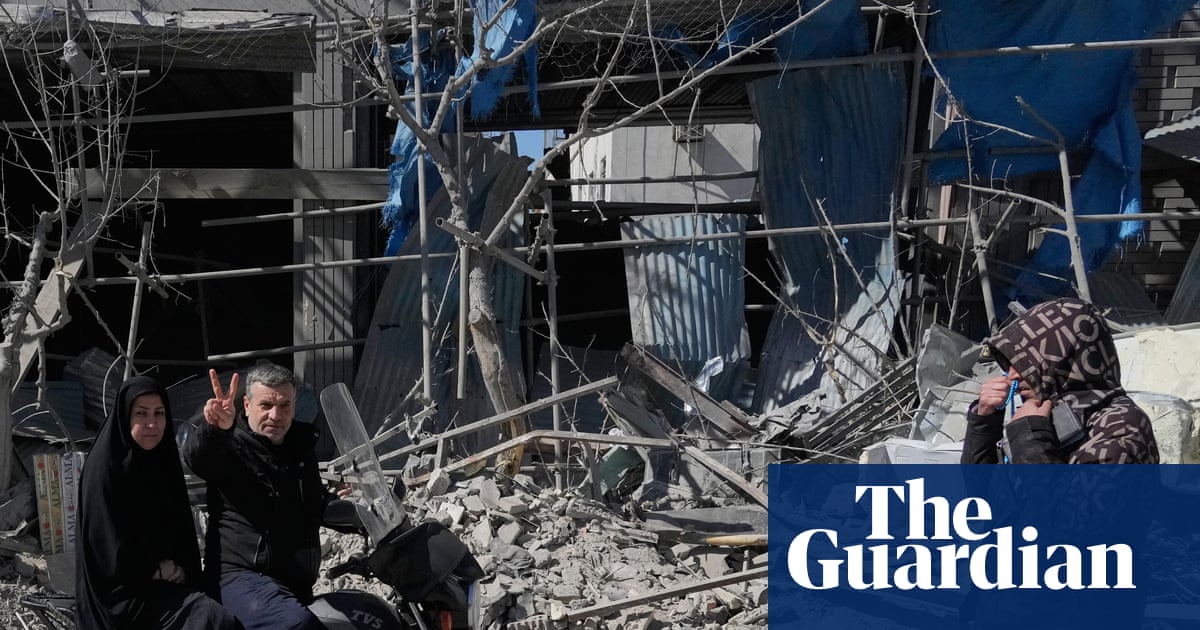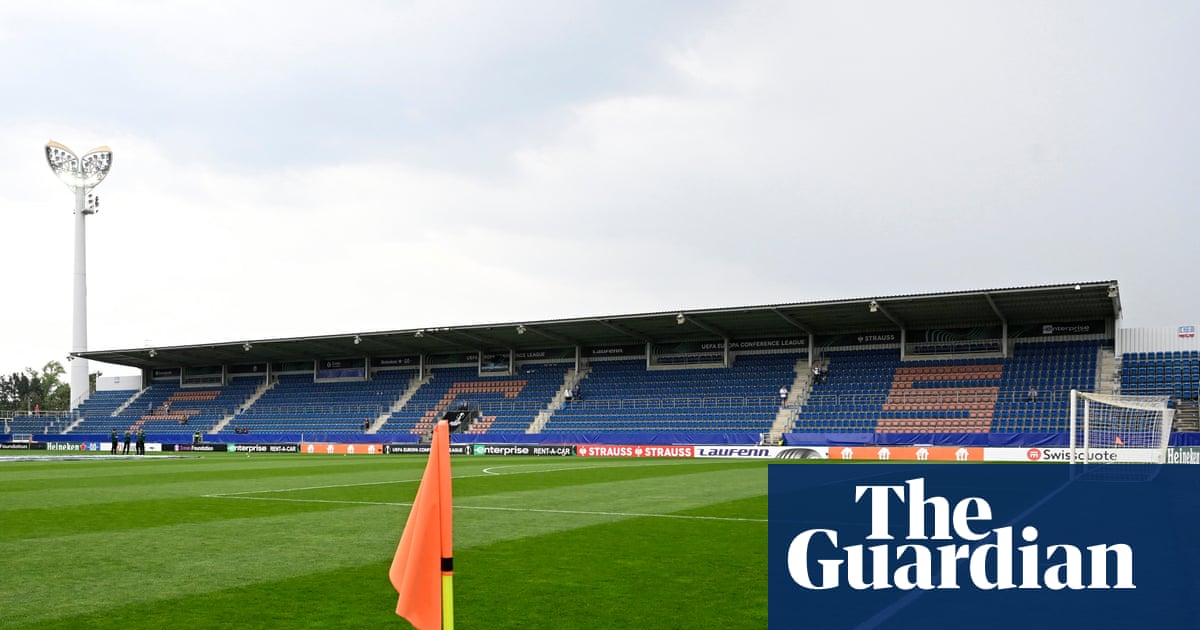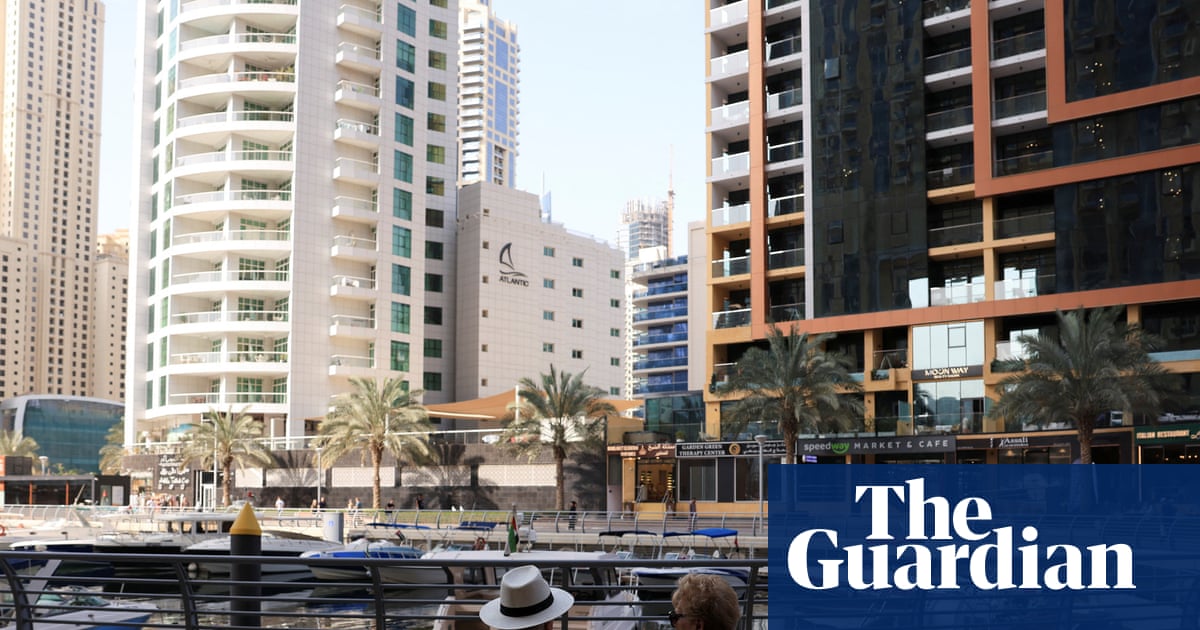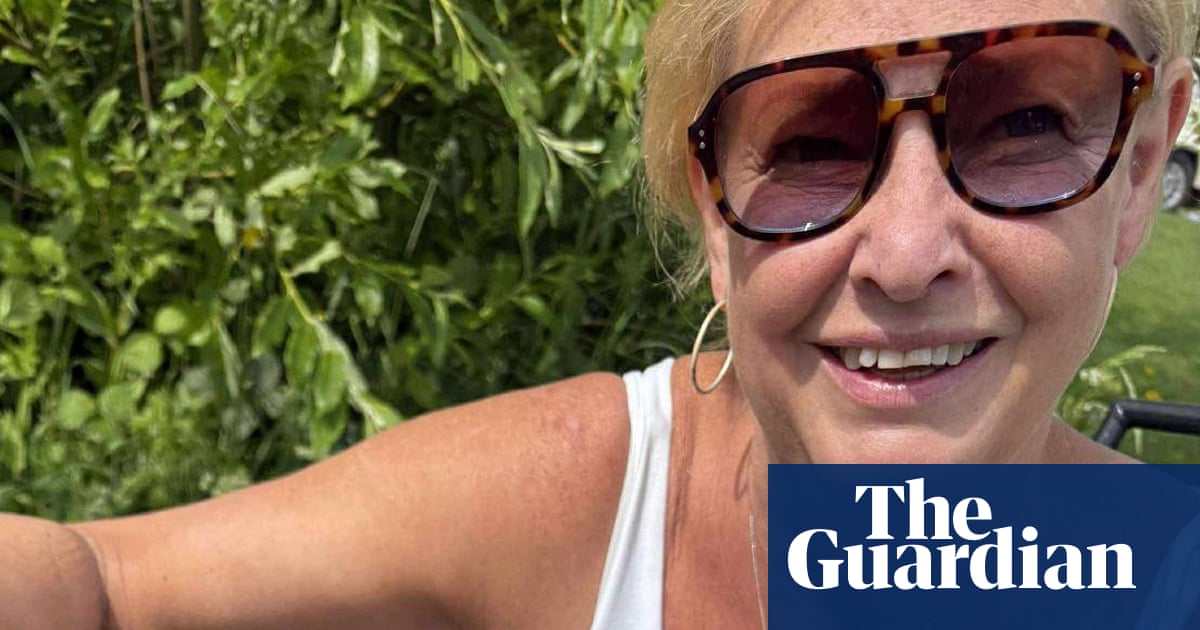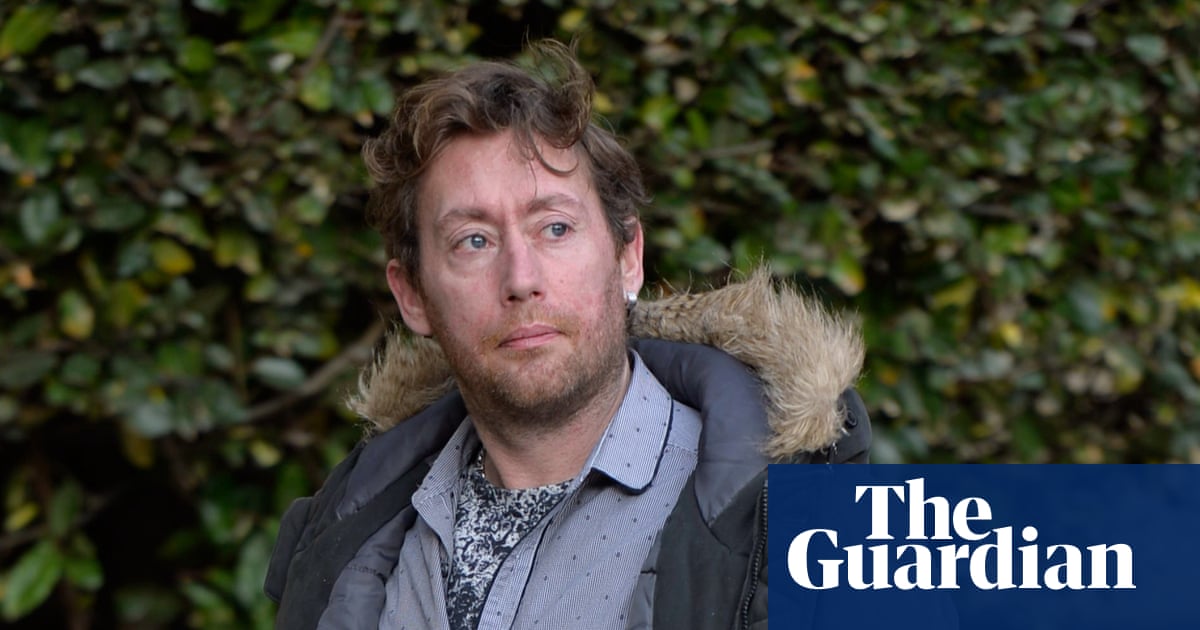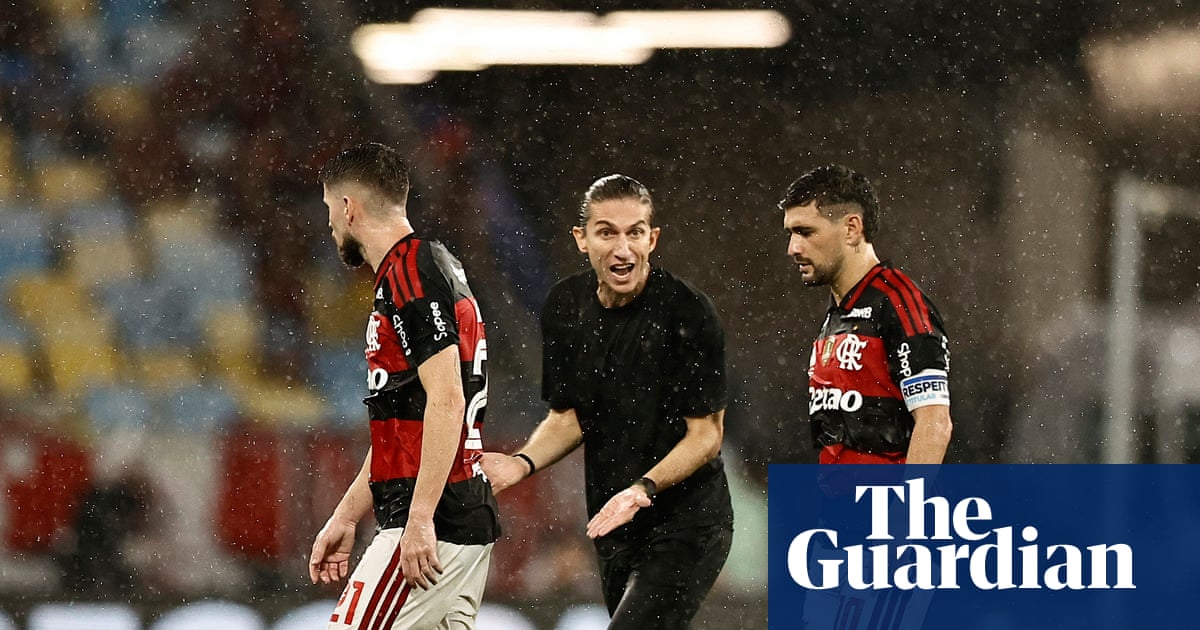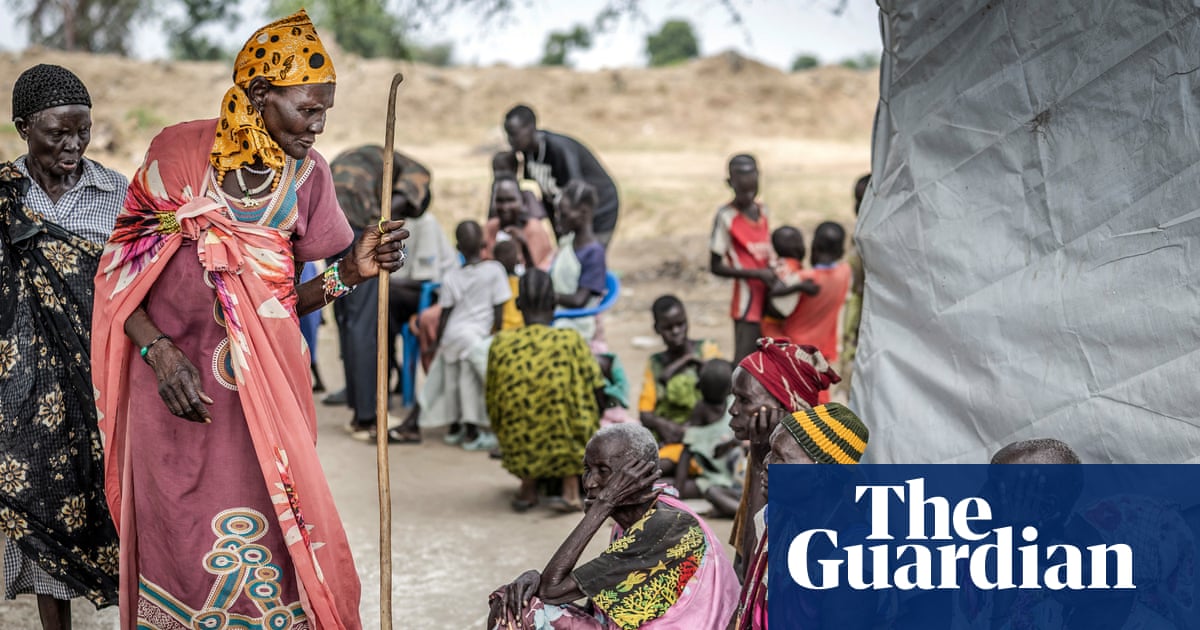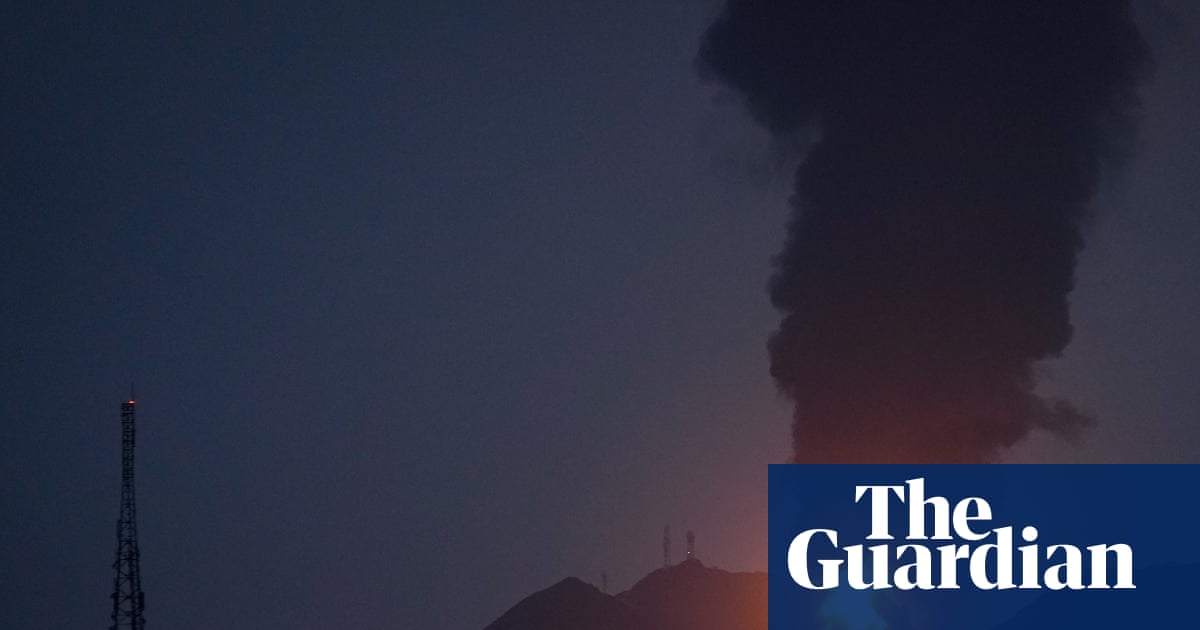Environmental protesters are being given licence conditions on release from jail that are supposed to be limited to extremism cases.
Ella Ward, 22, was banned from going to any meetings or gatherings, except for worship, without permission from her probation officer, although the Ministry of Justice dropped the condition after she brought a legal challenge.
In the HM Prison and Probation Service (HMPPS) policy, the constraint falls within “specific extremism related conditions … which are restricted to those types of cases”.
The Guardian is aware of other environmental protesters who have been given the same restriction but are unable to talk about it because they were also given a separate restriction that prohibits contributing “directly or indirectly” to any website.
This was also previously within the extremism category, but was removed when it was decided “it may be appropriate for gang-related offenders”.
Ward, from Birmingham, one of four Just Stop Oil activists who planned to glue themselves to the taxiway at Manchester airport, had the same website-related restriction imposed, but it too was lifted by the MoJ after her legal challenge.
The Aberystwyth University student, who was released from jail on licence in May on the day she was handed an 18-month sentence, having spent nine months on remand, said of her release: “It was a mix of being obviously very happy and excited to be getting out, with seeing how much my freedoms were going to be restricted when I was out. There was lots of things I could do while I was in prison which I then couldn’t do as soon as I walked out of the gates.
“I know we’ve seen massively increasing repression over the last couple of years I’ve been involved in direct action and civil resistance, and especially seeing what’s happening with the Palestine Action prisoners at the moment.
“We know they’re using extremism much more broadly, but to have it put on me personally was pretty upsetting. It felt like an extension of the punishment, as opposed to an actual attempt to manage risk or protect the community.”
People accused of Palestine Action-related offences, including those awaiting trial for allegedly taking part in an action against an Israeli arms factory near Bristol last year before the group was proscribed under terror legislation, say they have been treated harshly in jail because their alleged offences are described by prosecutors as having a “terrorism connection”.
Ward said she was told by her probation officer that she could not work at a cafe, or even meet a friend there, because it held political events.
She withdrew her judicial review proceedings against the MoJ last month after it agreed to drop the offending conditions, which also included a prohibition on associating with anyone currently or formerly associated with “any protest groups”.
She said this left her uncertain about whether she could associate with friends or family members, even though another condition required her to live and sleep at her parents’ home with a tag-monitored curfew.
Johanna McDavitt from ITN solicitors, who represented Ward, said: “It is concerning to see that the government is using powers that should be reserved for extremist offenders to control and monitor the actions of those involved in peaceful protest. We hope that the government will now review and reconsider its use of these licence conditions, which place serious restrictions on freedom of speech and freedom of association.”
A HMPPS spokesperson did not address the extremism issue when contacted by the Guardian but said non-standard licence conditions were regularly reviewed and could be relaxed if no longer necessary.

 3 months ago
70
3 months ago
70




